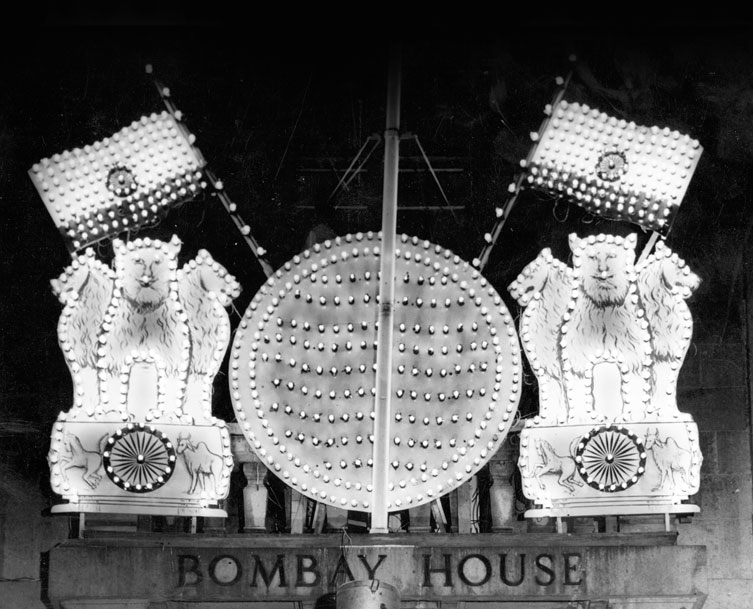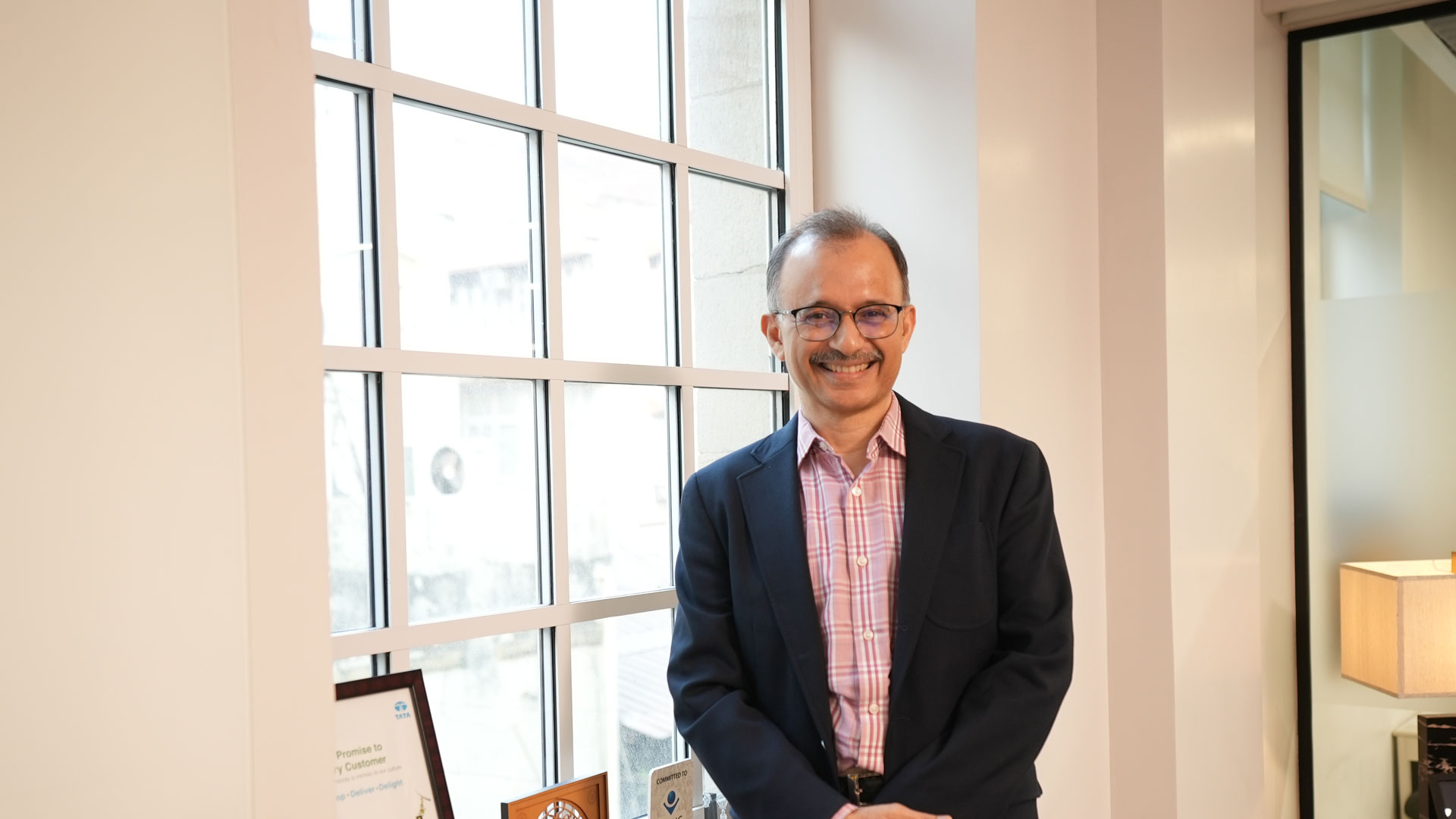March 2023 | 1220 words | 5-min read
In 1944, three years before India became independent, JRD Tata, the then Chairman of the Tata group, pondered upon an important question. Where was the economic plan for India’s future development? Independence was around the corner, and yet the British Government had not developed such a plan.
Therefore, JRD, along with a few other leading industrialists, developed a detailed 15-year economic roadmap for India. Three technocrats from the Tata group, namely Dr John Mathai, Sir Ardeshir Dalal and AD Shroff, authored this document, which came to be called the ‘Bombay Plan’.
The plan set out the nation’s requirements for food, clothing, housing, education and industry. It outlined sources of funds. It called for rapid development of swadeshi industries, including power, mining, engineering, armaments and transport. The plan created a storm among various political circles, but it demonstrated an abiding Tata truth —the group would try to contribute in every way possible to nation building.
This commitment to nation building was articulated by JRD Tata when he said: “No success or achievement in material terms is worthwhile unless it serves the needs or interests of the country and its people.” How has the group pursued this philosophy in the past 75 years? In my view, there have been four streams of endeavour.
Building industries that serve the nation
Way back in the 1890s, Jamsetji Tata, Founder of the Tata group, had envisioned India’s first integrated steel plant because he thought steel was important for the nation’s development. In similar fashion, post 1947, the Tata group has pioneered several industries which have been central to India’s progress.

In the 1950s, the group established its commercial vehicles business through Tatat Engineering and Locomotive Company (now Tata Motors). Ever since, Tata trucks have served the needs of the nation, both for civilian and defence purposes. In the late 1960s, Tata Consultancy Services (TCS) was established. More than 50 years later, TCS continues to be the barometer of the Indian IT industry.
In the 1970s, the Taj group of hotels began spreading its wings, creating India’s preeminent chain of luxury hotels, an essential foundation for tourism. In the 1980s, Tata Salt was born, taking iodised salt to the far corners of the country and helping address a key health concern. In the late 1990s, India’s first indigenous passenger car, the Tata Indica, gave rise to a new paradigm of engineering excellence that has helped the country in more ways than one.
In the early 2000s, Tanishq began transforming India’s jewellery industry, a category that is central to Indian culture. Over the last five years, the group has invested in industries which are critical to the country’s future, including digital platforms to serve consumers, electronics and semi-conductor manufacturing, renewable power and electric vehicles.
These are only a few examples of the group’s continuing contribution to building industries that serve the nation.
Building Institutions that serve the nation
The Tata group has also helped build some of India’s finest non-commercial institutions. This has been achieved primarily through the Tata Trusts that owns 66% of the equity of the group’s holding company, Tata Sons.
In the 1940s, Tata Memorial Hospital, India’s first cancer hospital, was established in Mumbai. Since then, the institution has been at the forefront of the country’s fight against cancer. The Tata Medical Centre in Kolkata, created in 2012, as well as multiple cancer hospitals which have been founded thereafter in several states in India bear testimony to the group’s dedication to this cause. In 2022, Prime Minister Narendra Modi inaugurated seven cancer hospitals in northeast India, all supported by the Tata Trusts.
In a different space, the Tata Institute of Fundamental Research, which was created on the eve of Indian independence in 1945, moved to its beautiful new campus in Mumbai in 1962. The Indian atomic energy programme, one of the most important national efforts undertaken since independence, was envisioned in this institution that had been founded with a grant from the Sir Dorabji Tata Trust. When Apsara, the first atomic reactor in Asia was built in the 1960s, its control systems were constructed under the auspices of this institute.
Other institutions of national importance created by the Tata group during the last 75 years include the National Centre for the Performing Arts in Mumbai, the National Institute of Advanced Studies in Bengaluru, and, more recently, the Indian Institute of Skills in Ahmedabad.
Building people capabilities to serve the nation
The league of Tata scholars created by the JN Tata Endowment scholarships has built some of independent India’s brightest minds. Illustrious Tata scholars include the tenth President of India, KR Narayanan; astrophysicist Prof JV Narlikar; nuclear scientist Dr Raja Ramanna; chemical engineer Dr Ramesh Mashelkar; and economist Dr VKRV Rao.
The Tata group has contributed just as significantly to nurturing accomplished Indian sportspeople. In this list are over 52 Olympians, including Charles Borromeo, TC Yohannan, Deepika Kumari and Adille Sumariwala. Sports institutions established by the Tata group, such as Tata Sports Club, Tata Football Academy, Naval Tata Hockey Academy and Tata Archery Academy, have nurtured many sportspeople who have gone on to inspire our nation.
Through one of the nation’s most powerful volunteering programmes, Tata Engage, and the CSR initiatives of individual Tata companies, the group has also created avenues for employees and their families to serve the community.
Building ideas that serve the nation
The Bombay Plan, mentioned earlier, is an excellent illustration of an idea that was conceptualised to serve the nation. In a similar spirit, three months after independence, when the country was in the throes of partition, JRD Tata wrote to the then Prime Minister, Jawaharlal Nehru, proposing the idea of a national fund which could be used to provide relief from distress. This idea was the genesis of the Prime Minister’s National Relief Fund, which has, over the past several decades, rendered immediate relief to lakhs of Indian families, including the kin of those killed in natural calamities like floods, cyclones, and earthquakes.
In March 2020, when the world and India were shaken by the onset of the Covid-19 pandemic, the idea of the Tata group committing upfront a significant sum of money — Rs 1,500 crore — to the fight against Covid-19 was a powerful spur to action. This announcement made by Ratan Tata, Chairman Emeritus, Tata Sons, and Chairman of Tata Trusts, and N Chandrasekaran, Chairman, Tata Sons, led to the group serving India during a very difficult period through a range of measures, such as creating over 5,000 hospital beds, providing meals and PPE kits to millions of Indians, and providing nearly 10% of the country’s oxygen requirements at the height of the pandemic’s second wave.
The acquisition of Air India and its homecoming to the Tata group in the 75th year of Indian independence marks the birth of yet another powerful idea which will make our nation very proud in the future — the idea of creating a world-class flagbearer airline for India. As the new Air India prepares to take flight, I feel so proud to be part of a group which has always believed that what is good for India is good for Tata.
Harish Bhat is Brand Custodian, Tata Sons





















